Por: El País
Un siglo. Es lo que se tardará, al ritmo actual, en fulminar la brecha de género global. Cien años en lograr que hombres y mujeres tengan la misma participación política, acceso a la educación, a la salud e igualdad económica y laboral. Es la conclusión del último informe del Foro Económico Mundial sobre la brecha de género, que alerta de que, tras una década de progresos lentos pero constantes, este año varios indicadores de paridad no solo se han estancado sino que han empeorado. Una caída que se debe fundamentalmente al incremento de la desigualdad en la representación política y en el lugar de trabajo. Es ahí, en los entornos laborales y en la economía donde la brecha de género es más desafiante y donde la igualdad no se alcanzará hasta el año 2234. Más de dos siglos, según la institución, organizadora del Foro de Davos.

«La desigualdad de género priva al mundo de un enorme recurso de talento sin explotar en un momento en que es tan importante para abordar los enormes desafíos y las fuerzas disruptivas que enfrentamos», dice Klaus Schwab, fundador y presidente del Foro Económico, en el informe que se ha difundido hoy y que mide indicadores de 144 países. El documento sitúa la brecha de género en un 68%. Los nórdicos, como es tradición, encabezan el ránquin de los países con menor desigualdad: Islandia (un 87% de brecha, la más delgada), Noruega y Finlandia.
Les siguen de cerca Ruanda y Nicaragua. Sobre todo debido a la representación femenina en el espectro político: 61% en el país africano y 46% en el centroamericano, que escala cuatro puestos desde el año pasado debido a la reducción de la brecha salarial —aunque ha empeorado en los logros educativos—. Que haya más mujeres en política garantiza que se traten y prioricen problemas sociales, la educación, la sanidad. Algo que tiene un impacto positivo en la igualdad. Aunque el indicador de la participación política, señala Laura Nuño, directora de la Cátedra de Género de la Universidad Rey Juan Carlos de Madrid, no siempre ofrece una radiografía realista. «Un Gobierno paritario, que es lo deseable y legítimo, no garantiza una igualdad real en la política ni en la sociedad», apunta.
Yemen, Pakistán, Siria y Chad son los países con mayor desigualdad, según el Foro. El informe resalta que Estados Unidos (el 49 de la lista) baja cuatro puestos desde el año pasado. Y lo hace porque ha empeorado lo que el Foro llama «empoderamiento político», que se encuentra en su nivel más bajo desde 2007. España escala del puesto 29 al 24, pero sigue suspendiendo en materia de igualdad. Sobre todo si se tiene en cuenta que en 2006 ocupaba el puesto 11 del ránquin.
Las mujeres representan la mitad de la población mundial. Y por tanto recalcar que merecen el mismo acceso a la salud, la educación, la participación económica y un mismo salario por un trabajo de igual valor es básicamente justicia social. Pero no sólo eso la paridad de género también es fundamental para saber si las economías prosperan y cómo. «Garantizar el desarrollo saludable y el uso adecuado de la mitad del conjunto de talentos del mundo tiene un gran influencia en el crecimiento, la competitividad y el futuro de las economías y las empresas de todo el mundo», apunta el informe del Foro.
Incrementar el acceso igualitario a la educación reduce las tasas de mortalidad materno infantil, incrementa la fuerza laboral y también los salarios. Estudios del Banco Mundial exponen, por ejemplo, que invertir en que las niñas completen su educación en las mismas tasas que los niños incrementaría los ingresos de las que hoy son niñas entre un 54% y un 68%.
Informes que ahondan en la evidencia de que invertir en igualdad es rentable no faltan. Son cada vez más los estudios que demuestran el efecto positivo de aumentar la paridad de género en la economía de los países. Análisis recientes de la Organización Internacional del Trabajo (OIT) estiman que la paridad de género podría añadir 250.000 millones adicionales al PIB de Reino Unido, 1,7 billones al de Estados Unidos, 550.000 millones al de Japón o 320.000 millones al de Francia.
Una de las más persistentes desigualdades, pese a todas las llamadas de alerta de los expertos es la salarial. Los estudios que constatan que las mujeres reciben menos salario por un trabajo de igual valor se cuentan por cientos. El Foro de Davos da sus propias cifras: 21.000 dólares al año, de media, para los hombres frente a 12.000 para las mujeres. Una brecha que es clave para atajar el resto. «Si se cobra menos se tiene una pensión más baja. También peor acceso a todos los servicios que no sean universales y gratuitos. El problema de las oportunidades económicas es que es una llave para otros muchos servicios».

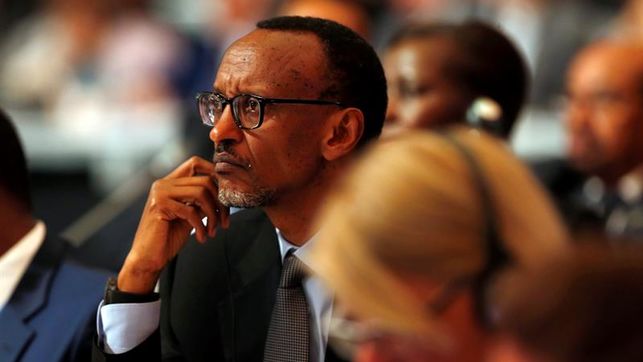
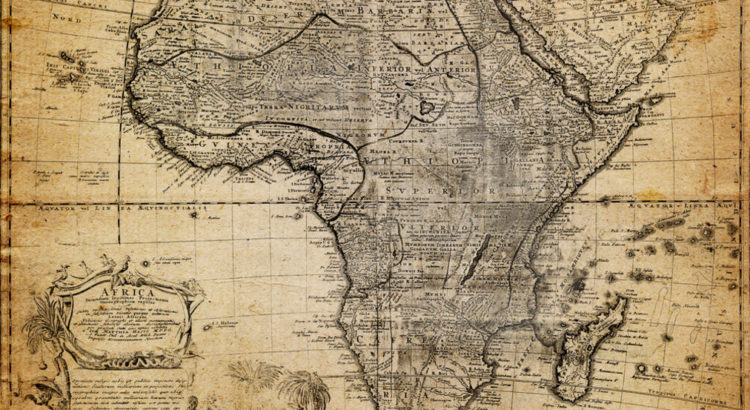
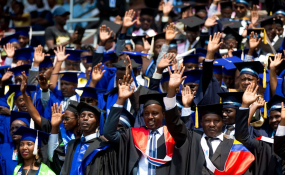
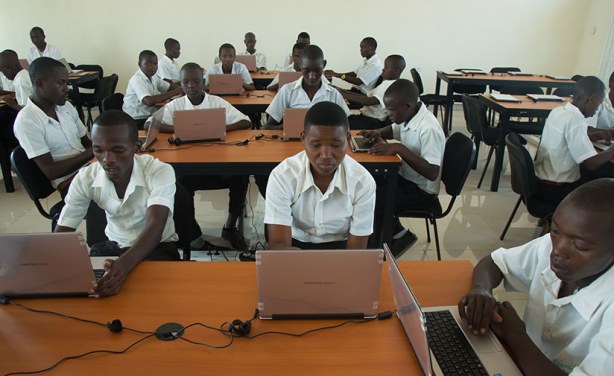
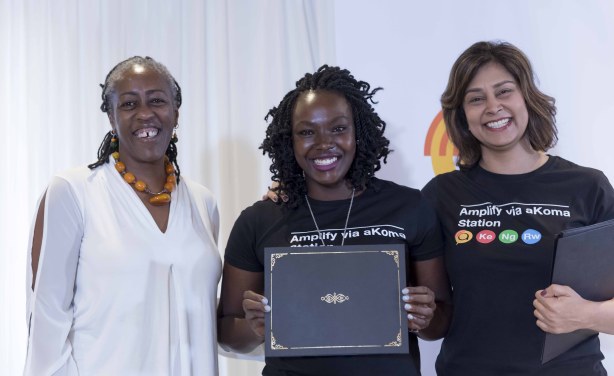






 Users Today : 47
Users Today : 47 Total Users : 35459513
Total Users : 35459513 Views Today : 62
Views Today : 62 Total views : 3417820
Total views : 3417820